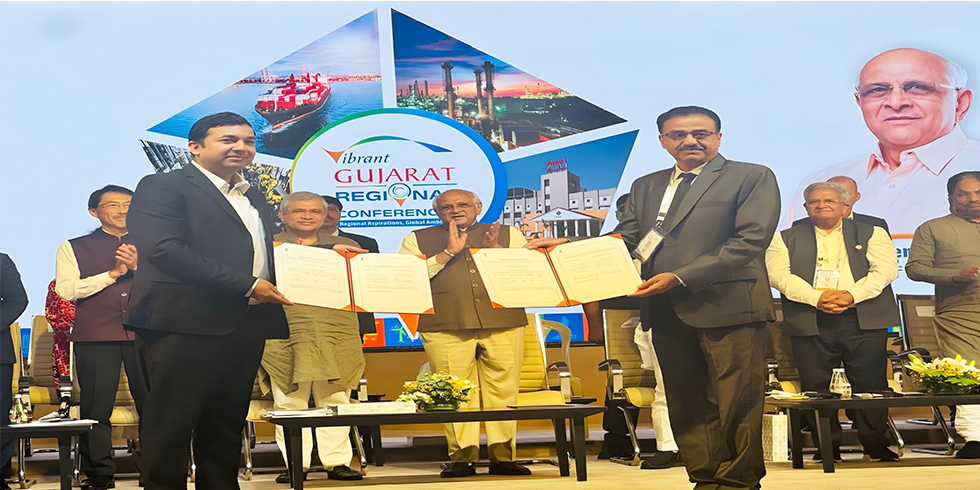After launching the Pradhan Mantri Sahaj Bijli Har Ghar Yojana for universalizing electricity access, the National Democratic Alliance (NDA) government is readying a bunch of power sector structural reforms including promoting retail competition, legal provisions to drive electricity demand and tariff slab rationalization to drive manufacturing.
India’s newly appointed power and renewable energy minister Raj Kumar Singh said that going forward his ministry is preparing a scheme to provide 24X7 reliable electricity.
Singh said the scheme will ensure fines for a distribution firm for not supplying electricity will be taken to the prime minister for his approval.
It will not only bring the NDA closer to achieving its objective but it will also generate fresh demand for electricity in the country—the lack of which is weighing down the entire power sector. Around 304 million Indians live without access to electricity.
Singh’s statement is part of the government’s higher agenda to reform India’s power sector and revive economic growth which has decelerated to a three-year low of 5.7% in the June quarter of 2017-18.
“Some things which needs correction, we are going to correct. One is about the PPAs and to make sure that the PPAs are signed and the PPAs are adhered to give confidence to those who invest,” said Singh
“We are going to change the law and enforce PPAs. We are going to provide for PPAs to cover 100% of the annual average demand of a particular state or a discom,” Singh added.
The regulation will also provide for interest payment in the event of electricity generators’ dues not being cleared in time.
The aim of the government is to improve India’s per capita power consumption of 1,010 kilowatt hour (kWh) which is among the lowest in the world.
Last week Singh also talked about a radical plan to separate the so-called carriage and content operations of existing power distribution companies, which was earlier proposed by the United Progressive Alliance government.
The plan will allow people and companies in India buy electricity from a power company of their choice, and have it supplied to them by the distribution network that services the neighborhood in which they live. It would result in choice for consumers as well as lower tariffs because of the competition
Any such proposed changes will require amendments in the Electricity Act of 2003. The legislative changes will be made in the next session of the Parliament.
This comes at a time when the centre and states are working for electricity tariff slab rationalization to make them uniform across the country. This will help in minimization of cross-subsidies borne by the industry, and make tariffs more competitive for businesses thereby pushing the government’s ‘Make in India’ drive.











Add Comment